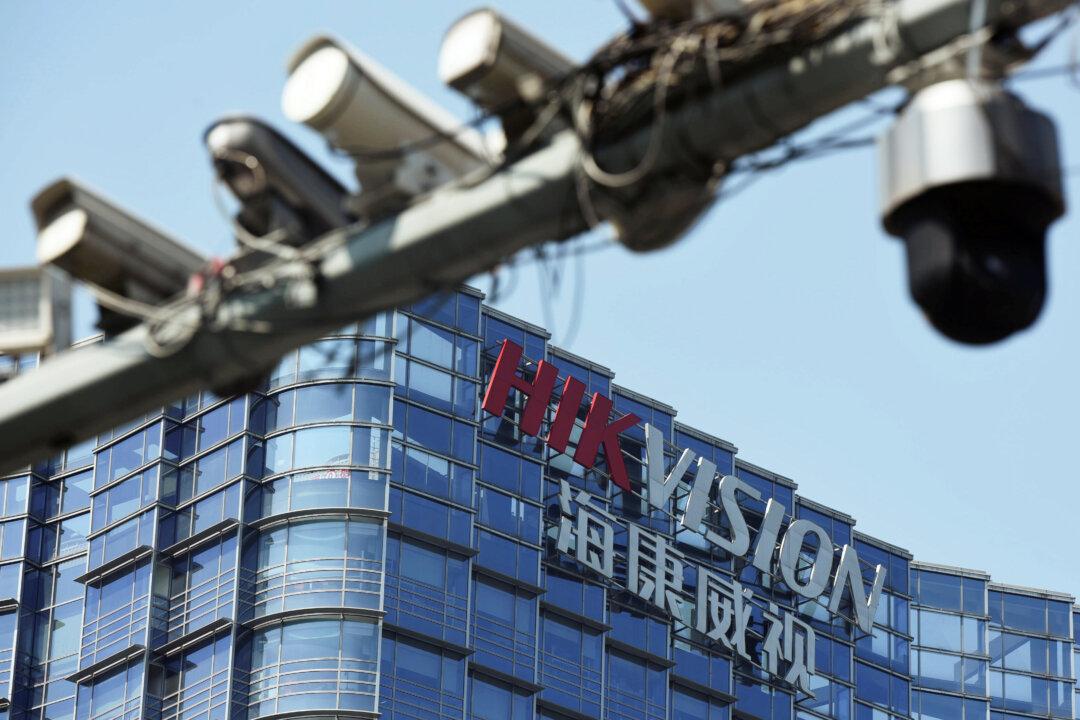Protest activities subjected to alarm include “gathering crowds to disrupt order in public places,” “unlawful assembly, procession, demonstration,” and threats to “petition,” among several others.
In technical documentation accessible on Hikvision’s website, these actions are included alongside violations like “gambling” or “drug-related.”
The alarms also aim at “religion” and “Falun Gong.”
Falun Gong, also known as Falun Dafa, is a spiritual discipline with meditative exercises and moral teachings. It grew in popularity during the 1990s leading to up to 100 million people practicing in China by the end of the decade. Perceiving this to be a threat, the Chinese regime in 1999 launched a nationwide campaign seeking to eradicate the practice.
Alarm Methods
The company website does not specify how the alarms work but talks about “alarm methods” including “discovery on duty,” “equipment alarm,” and calling the police.Charles Rollet, an IPVM researcher, detailed how these methods are put in place.
On-duty police will be able to report events or situations as “503” events, the code which stands for “gathering crowds to disrupt order in public places.” The system can then send an alarm to the rest of the police department, according to Rollet.
The same method is applied to other listed “violations” such as religion or Falun Gong.
The “aggregation, storage, and processing” of data is the primary focus of Hikvision’s Intelligent Application Platform, also known as Infovision IoT. One of the platform’s primary use cases is the “smart policing” of events.
The technical document also demonstrates the enormous amount of individual data the company’s customers can track. A “personnel dictionary” lists a variety of personal characteristics, such as a person’s political affiliation, religion, and ethnicity, as well as physical identifiers like their coat color, their age range, if they smile, whether they have long or short hair, or they wear spectacles.
As such findings emerged merely a month after the outbreak of the widespread protests against the CCP’s stringent zero-COVID policies, after which the pandemic restrictions were abruptly removed, Rollet raised concerns about the malign impacts of this tracking system.
“It raises significant freedom of assembly and freedom of religion concerns,” Rollet said. “Technically those two rights are in the People’s Republic of China (PRC) constitution, but in reality, the government cracks down very hard on those liberties. So I am concerned about how technology can facilitate the tracking of repressed groups.”
Involvement in Xinjiang Human Rights Abuses
China’s Hikvision produces more than one-fifth of the world’s surveillance cameras, and its market value has surpassed that of Sony. The rise of Hikvision is indeed related to the expanding monitoring needs of the Chinese regime. In 2011, Hikvision received a $1.2 billion Chongqing “Safe City” monitoring project to set up 200,000 surveillance cameras in three years. The Chinese government has about a 40 percent stake in Hikvision through state-owned enterprise Zhongdian Haikang Group, which was invested by China Electronics Technology Group (China Electric).Hikvision was placed on a trade blacklist by the U.S. government in 2019 for its involvement in rights violations in China, including mass detentions and surveillance. The company has come under severe criticism for providing its technology to the Chinese communist regime to repress Uyghur Muslims in Xinjiang.
Hikvision has denied all reports of aiding the Chinese government to suppress Uyghurs.




